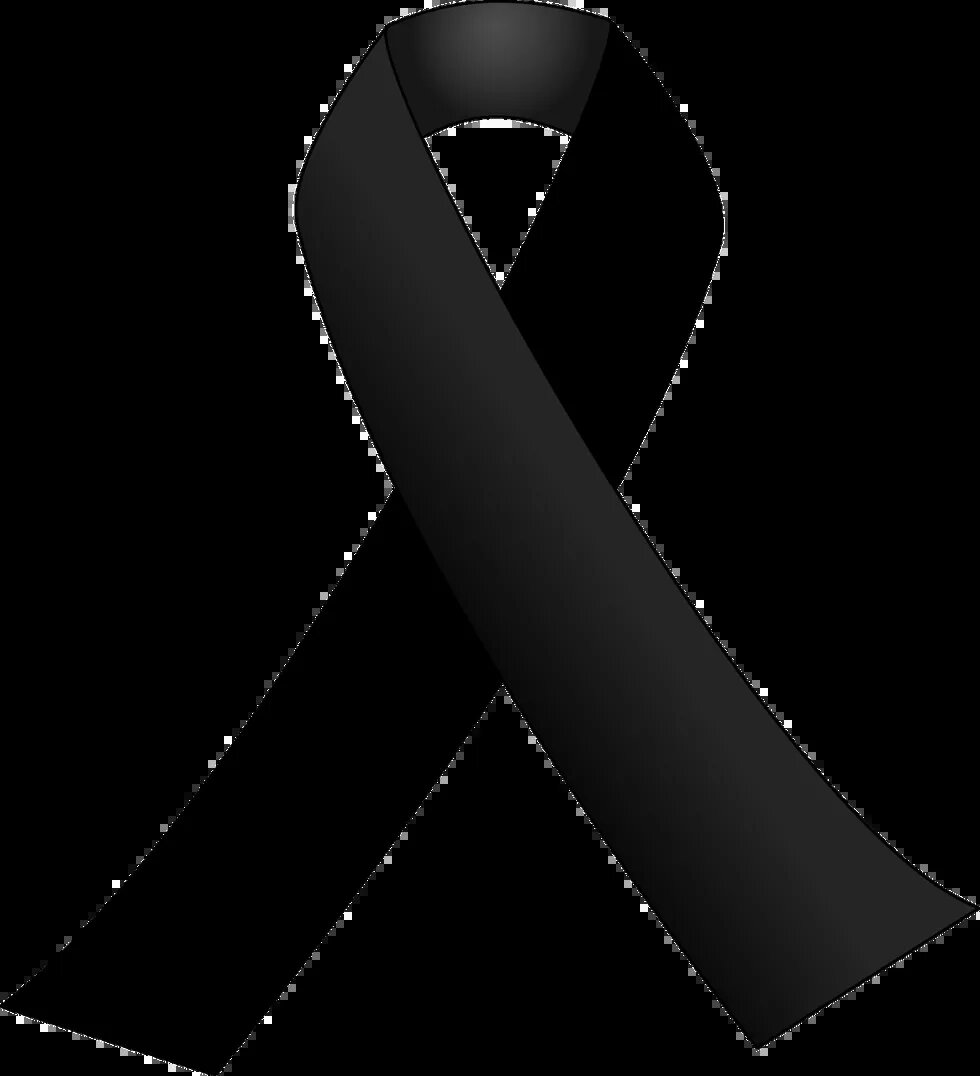Social justice is getting more complex as injustices keep emerging and the world develops. This is in comparison to the 19th century, during the civil revolution where social justice only aimed to create more egalitarian societies and capitalised exploitation of human labour.

Social justice is getting more complex as injustices keep emerging and the world develops. This is in comparison to the 19th century, during the civil revolution where social justice only aimed to create more egalitarian societies and capitalised exploitation of human labour.
Social justice is an act of humanity that contributes to human development. It is not only limited to a particular focus of injustices, but also includes other spheres of life, where women have equal access to justice, wealth, wellbeing and opportunities within the society. However, social justice tends to be limited or corrupted where women are concerned. When justice is counted, expressed or practised, it is to a lower percentage where women are concerned.
It is estimated that 3 out of 10 women in most African societies per locality are empowered enough to understand their rights, roles and justices. 7 out of 10 are left out at a high risk, exposed to social injustices. They become vulnerable, forcing themselves to do what they have to do, to survive under situations of inequality. At this point, they wrap "The Black Ribbon’’ around their minds, corrupting their mindsets. Women face social injustices every hour in Africa that they are not able to map out their spaces in political, economic and social life.
I would define the Black Ribbon in an African setting as social injustices whereby women are defined based on culture and customs. The Black ribbon continues to confront the struggle to liberate African women from social injustices they face in different forms and levels. A ribbon that has hindered acts of humanity, is not only concerned with the traditional definition of women in society, but also creating barriers in the level of power women are allowed to enjoy.
However, as controversial as this may be to say, women have also contributed to the social injustices they face. They play critical roles in promoting backward culture by participating in injustices against fellow women. They promote barbaric cultures like Female Genital Mutilation (FGM) and early marriages, among others. We women of Africa are our own designers and tailors of the Black Ribbon. We participate and contribute to injustices directly or indirectly because of ignorance and negligence. The Black ribbon wrapped around our mindsets cannot be liberated without our own efforts. We need to challenge society on every front and appreciate our gender.
Finally, women do not necessarily need to be in powerful positions to feel empowered, they simply need to be enlightened on how to liberate themselves from The Black Ribbon mindset.
Authors Note
Judy Lumumba is a strong women’s advocate both online and offline. She is also a vocal activist interested in leadership, and passionate about women empowerment and gender equality. She is the founder of a community-based initiative known as ”Scars In My Voice” (SIVO) that aims to achieve a sustainable custom of young women speaking, engaging, and protecting their spaces.